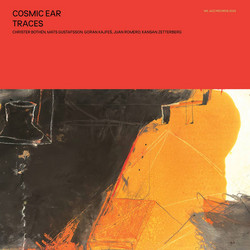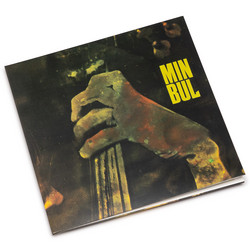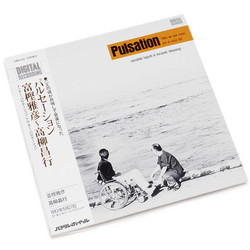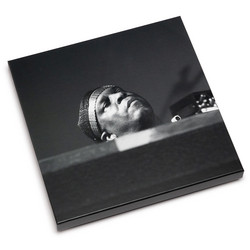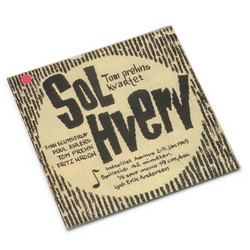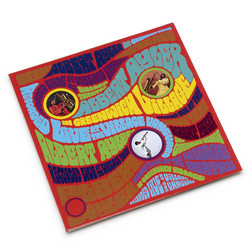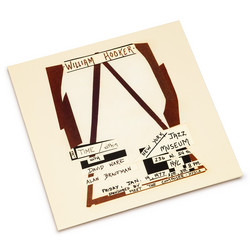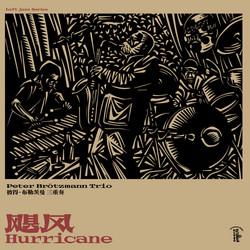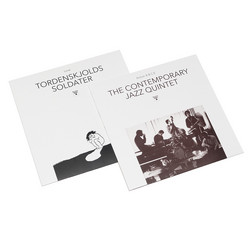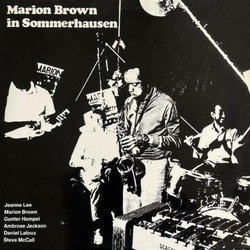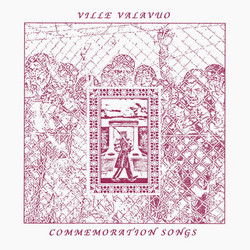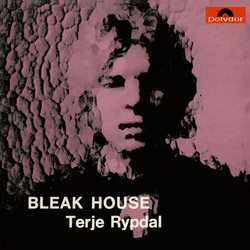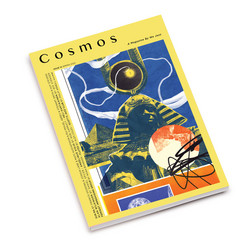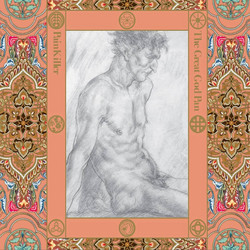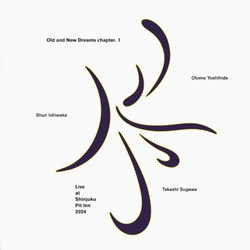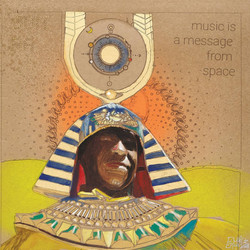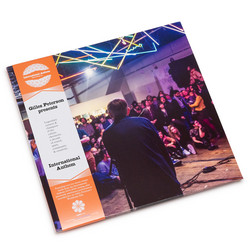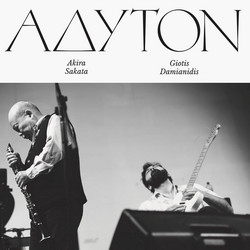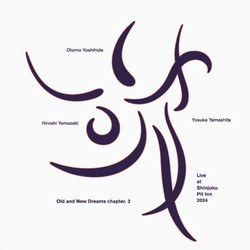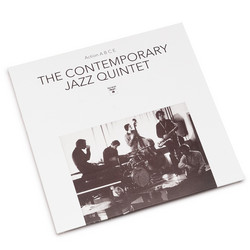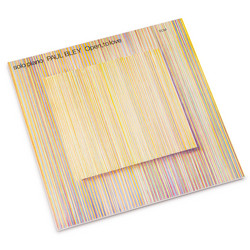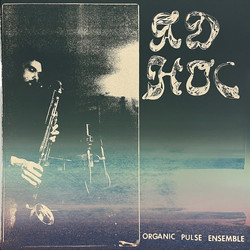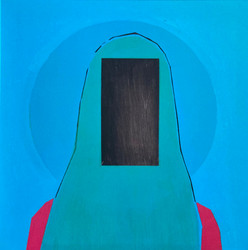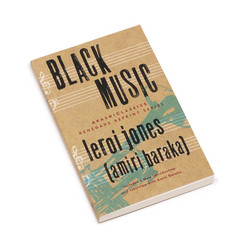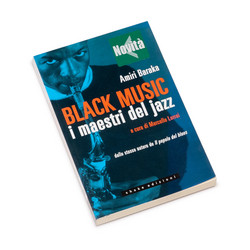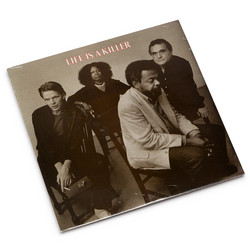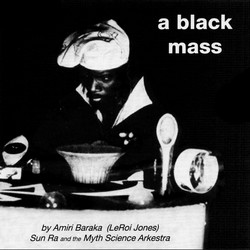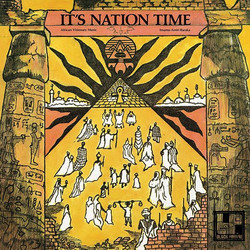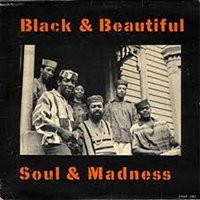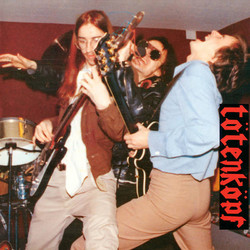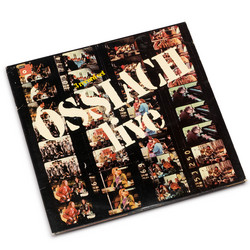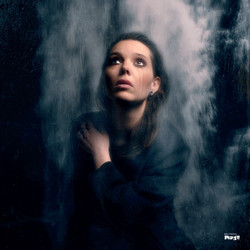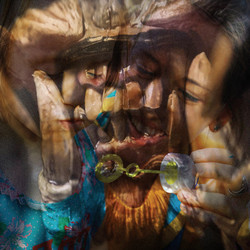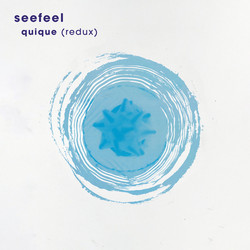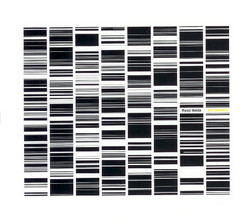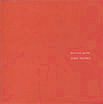1
2
3
Amiri Baraka
A Black Mass
Repress, originally released in 2000. Surprise reissue of the most infamous and difficult to procure Sun Ra artifact; originally issued on Amiri Baraka (then LeRoi Jones)'s Jihad label (home of the original Sunny's Time Now by Sunny Murray as well). This is the first release on the DC-based Sonboy label officially sanctioned by Baraka (and mastered from the original tapes that have been sitting in his basement all along). Other unreleased sessions from the Jihad library of tapes are still rumored to follow this release. Originally issued in 1968, A Black Mass was personally distributed by Baraka via a network of radical Black literature bookstores and was not commonly found in the channels that records of the time moved in. As a result, it has enjoyed a mystical status for the better part of its 30+ year existence, and many hard-core Ra completists have never seen a copy. A strange and revolutionary play by Baraka, with musical interludes by the Myth Science Arkestra. Very, very historic. "The play A Black Mass was written in Harlem in 1965, much of it probably at my desk at The Black Arts Repertory Theater School at West 130th Street and Lenox (now Malcolm X. Blvd.). It was first performed at the RKO Proctors Theater, Newark as a companion piece to J-E-L-L-O, a satire on the Jack Benny show where Rochester turns militant. The reason it was Newark is because late in 1965, I decided to walk away from the BARTS because with the mounting internal strife, the phenomenon of 'diminishing returns' had set in so disruptively that the vision of bringing Black Art into the community and creating what we were later to understand as Cultural Revolution could no longer succeed at that venue. Black Mass shows the heavy influence of the Nation of Islam even though, after Malcolm's murder, I became alienated from that Nation, essentially as a means of registering my allegiance to Malcolm. Even the Jacoub story I had gotten from Malcolm when he was still more directly motivated by Elijah Muhammad's teachings. Sun Ra was one of the most consistent and supportive artists associated with the BARTS. He was there several days a week, teaching all who would listen. At any rate, when I conceived of doing Black Mass to music, Ra was the only musician in my mind. Not just because of the 'otherworldliness' of the tale, but the sensuous 'outness' I knew Ra, with his Myth Science Arkestra, would bring, which I felt would give a material life to the text. The work was recorded in The Spirit House, on the first floor theater we had created by tearing down the walls of my rented one-family house, just as we had done at The Black Arts. With Sylvia Robinson (Amina Baraka, a Newark artist who would shortly become my wife), Yusef Iman (a BARTS original), Newark's Marvin Camillo (he and Yusef are both gone now), and Barry Wynn (Amun Ankra), we tried to recreate the staged version which we had just done. And while there is something to be desired in our collaboration, the recording stands not only as a record of what The Black Arts was doing, but points I think into the future of the spoken word and the possibility of expanding what can be recorded and what kind of collaboration between word and music can come. The theme 'The Satellites Are Spinning' is the dramatic musical mise-en-scène throughout, though close listeners will hear some of the music which characterized the Myth Science Arkestra rising and falling through the mainly improvised music-drama. In total, the music is rich and evocative by itself. Heard with the text of The Black Mass, both connect and extend each other with a dramatic gestalt of Myth-Science music and the mythologized history deepens our emotional perception of what is being told. For me, re-heard with the benefit of study and another kind of thoughtfulness, it even projects a rationale that's more scientifically based, 'search-lighting' some evasive facts of human history as well as projecting the premise which I have long held, that art is creation, and that we must oppose the 'creation of what does not need to be created.' -Amiri Baraka, 9/6/99
Details
Cat. number: SONBOY 001CD
Year: 2011
